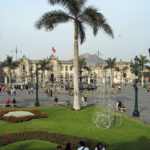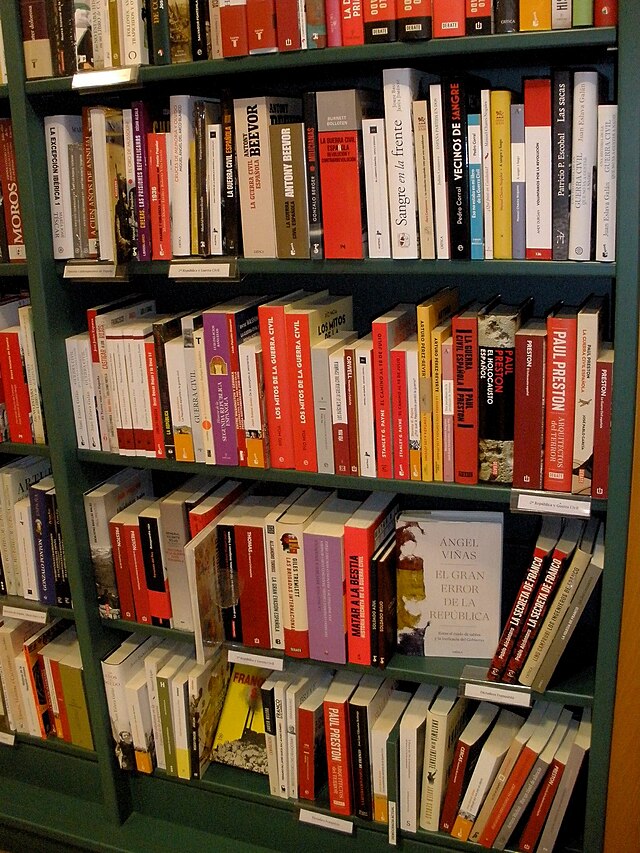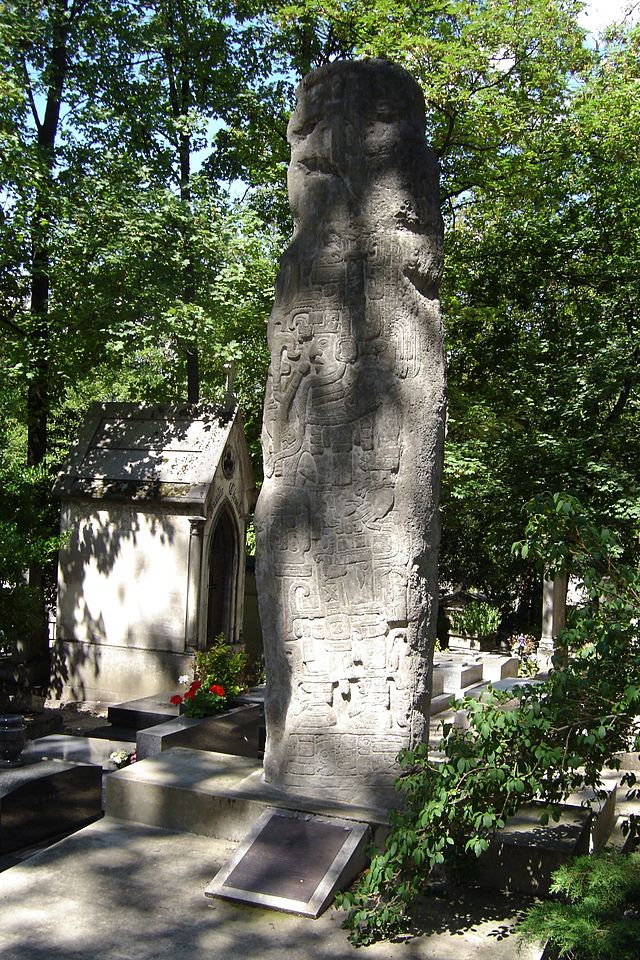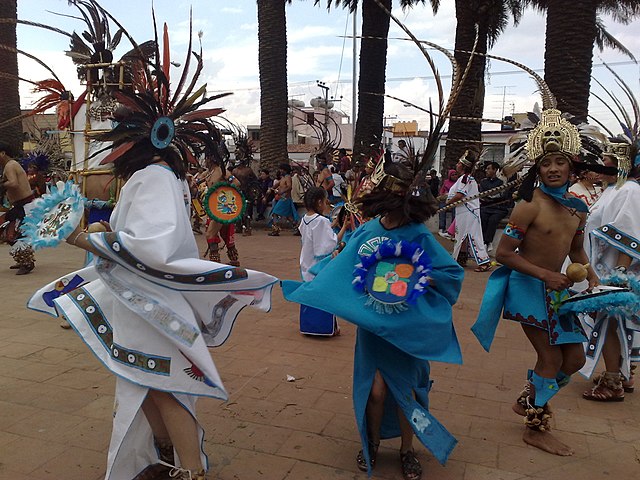Language, with its intricate web of words and expressions, holds immense cultural significance across the diverse regions of Latin America. It is not merely a tool for communication but serves as a vessel for cultural memory, carrying the wisdom, history, and experiences of communities from one generation to another. In this article, we delve into the profound link between language and cultural memory, exploring how oral traditions, folklore, and storytelling play a vital role in preserving cultural heritage and maintaining a sense of identity.
Oral traditions are an essential part of cultural memory, serving as repositories of knowledge and traditions that have been passed down through generations. These traditions encompass a wide range of practices, including storytelling, myths, legends, proverbs, and rituals. Through word of mouth, individuals learn about their history, customs, values, and beliefs, gaining insight into their cultural identity. The power of oral traditions lies in their ability to transcend time, connecting individuals to their ancestors and fostering a sense of continuity and belonging.
Folklore also plays a crucial role in preserving cultural memory across Latin America. It encompasses the collective beliefs, customs, and practices of communities, often reflecting their experiences, struggles, and triumphs. Folklore manifests in various forms, including folktales, songs, dances, and celebrations. These expressive art forms serve as vehicles for transmitting cultural values, moral lessons, and historical events. They encapsulate the essence of local cultures, allowing individuals to immerse themselves in the shared experiences and narratives that shape their identity.
Storytelling, in particular, holds immense power in preserving cultural memory. The art of storytelling weaves together the threads of the past and present, capturing the imagination of listeners and transporting them into the realms of history, mythology, and collective experiences. Through stories, individuals gain insight into their cultural heritage, connecting with the struggles, triumphs, and wisdom of their ancestors. Stories carry the values, traditions, and moral lessons of a culture, imparting knowledge and shaping the worldview of listeners.
Language serves as the vessel that carries these stories, songs, and rituals, preserving the collective memory of communities. The words and expressions embedded in languages hold profound cultural significance, reflecting the values, customs, and historical experiences of the people. For example, certain phrases or idioms in local languages may have originated from significant historical events, serving as reminders of the past and reinforcing cultural memory. By speaking and perpetuating these linguistic nuances, individuals contribute to the preservation of their cultural heritage.
Moreover, language allows for the transmission of cultural memory beyond the boundaries of time and space. It enables individuals to connect with their ancestors, even if they have never met them. Through language, stories can be shared across generations, ensuring that the experiences, wisdom, and traditions of the past continue to shape the present and future. Language becomes a bridge between generations, fostering a sense of belonging and rootedness in a rapidly changing world.
In a globalized society, where cultural diversity faces the challenges of assimilation and homogenization, the preservation of cultural memory through language becomes even more critical. Language acts as a safeguard, protecting the unique traditions, knowledge, and narratives that define different cultures. It allows individuals to maintain their distinct identities, resisting the erosion of cultural heritage in the face of external influences.
The significance of language in preserving cultural memory can be observed in numerous communities around the world, including Latin America. Indigenous cultures, for instance, place great importance on their native languages as vehicles for cultural transmission. Language serves as a repository of ancestral knowledge, ecological wisdom, and spiritual beliefs. The loss of indigenous languages often correlates with the loss of cultural diversity and the erasure of indigenous identity. Efforts to revitalize and preserve these languages are crucial in Latin America to ensure the preservationPreserving Cultural Memory: The Enduring Connection Between Language and Identity in Latin America
Language, with its intricate web of words and expressions, holds immense cultural significance across the diverse regions of Latin America. It is not merely a tool for communication but serves as a vessel for cultural memory, carrying the wisdom, history, and experiences of communities from one generation to another. In this article, we delve into the profound link between language and cultural memory, exploring how oral traditions, folklore, and storytelling play a vital role in preserving cultural heritage and maintaining a sense of identity.
Oral traditions are an essential part of cultural memory, serving as repositories of knowledge and traditions that have been passed down through generations. These traditions encompass a wide range of practices, including storytelling, myths, legends, proverbs, and rituals. Through word of mouth, individuals learn about their history, customs, values, and beliefs, gaining insight into their cultural identity. The power of oral traditions lies in their ability to transcend time, connecting individuals to their ancestors and fostering a sense of continuity and belonging.
Folklore also plays a crucial role in preserving cultural memory across the vibrant tapestry of Latin American cultures. It encompasses the collective beliefs, customs, and practices of communities, often reflecting their experiences, struggles, and triumphs. Folklore manifests in various forms, including folktales, songs, dances, and celebrations. These expressive art forms serve as vehicles for transmitting cultural values, moral lessons, and historical events. They encapsulate the essence of local cultures, allowing individuals to immerse themselves in the shared experiences and narratives that shape their identity.
Storytelling, in particular, holds immense power in preserving cultural memory. The art of storytelling weaves together the threads of the past and present, capturing the imagination of listeners and transporting them into the realms of history, mythology, and collective experiences. Through stories, individuals gain insight into their cultural heritage, connecting with the struggles, triumphs, and wisdom of their ancestors. Stories carry the values, traditions, and moral lessons of a culture, imparting knowledge and shaping the worldview of listeners.
Language serves as the vessel that carries these stories, songs, and rituals, preserving the collective memory of communities. The words and expressions embedded in languages hold profound cultural significance, reflecting the values, customs, and historical experiences of the people. For example, certain phrases or idioms in local languages may have originated from significant historical events, serving as reminders of the past and reinforcing cultural memory. By speaking and perpetuating these linguistic nuances, individuals contribute to the preservation of their cultural heritage.
Moreover, language allows for the transmission of cultural memory beyond the boundaries of time and space. It enables individuals to connect with their ancestors, even if they have never met them. Through language, stories can be shared across generations, ensuring that the experiences, wisdom, and traditions of the past continue to shape the present and future. Language becomes a bridge between generations, fostering a sense of belonging and rootedness in a rapidly changing world.
In a globalized society, where cultural diversity faces the challenges of assimilation and homogenization, the preservation of cultural memory through language becomes even more critical. Language acts as a safeguard, protecting the unique traditions, knowledge, and narratives that define different cultures. It allows individuals to maintain their distinct identities, resisting the erosion of cultural heritage in the face of external influences.
The significance of language in preserving cultural memory can be observed in numerous communities across Latin America. Indigenous cultures, for instance, place great importance on their native languages as vehicles for cultural transmission. Language serves as a repository of ancestral knowledge, ecological wisdom, and spiritual beliefs. The loss of indigenous languages often correlates with the loss of cultural diversity and the erasure of indigenous identity. Efforts to revitalize and preserve these languages are crucial in Latin America to ensurethat the rich tapestry of cultural memory and identity remains intact.
In Latin America, the preservation of cultural memory through language takes on additional dimensions influenced by the region’s unique history and cultural heritage. Latin America is a melting pot of diverse indigenous, European, and African influences, resulting in a rich and complex tapestry of languages and cultural expressions. Indigenous languages, such as Quechua, Aymara, Nahuatl, Mapudungun, and many others, are repositories of ancient wisdom, spiritual beliefs, and traditional knowledge systems. They embody the ancestral connections of indigenous communities with their lands, natural resources, and ancestral spirits.
Furthermore, Latin America has a vibrant tradition of storytelling and oral traditions deeply rooted in its cultural fabric. From the ancient civilizations of the Aztecs and the Mayans to the Afro-Latin diaspora, stories have been passed down through generations as a way to preserve historical events, moral values, and cultural traditions. In countries like Mexico, Colombia, and Argentina, folktales and legends are shared to entertain, educate, and transmit cultural knowledge. These narratives often revolve around mythical creatures, heroes, and historical figures, serving as a means of connecting individuals to their collective past.
In addition to oral traditions, Latin America is home to rich folklore traditions that reflect the region’s diverse cultural heritage. Folk dances, such as the Argentine tango, the Brazilian samba, and the Mexican folkloric ballet, embody the rhythms, movements, and cultural expressions of their respective communities. These dances are not only forms of artistic expression but also convey the history, struggles, and triumphs of the people. Similarly, folk songs, often accompanied by traditional instruments, capture the emotions, narratives, and aspirations of a community, transmitting cultural memory through melodic storytelling.
Language, in Latin America, extends beyond mere communication. It becomes a vehicle for cultural resistance, social mobilization, and the assertion of identity. The use of indigenous languages, for example, is seen as a way to reclaim and valorize indigenous cultures in the face of historical marginalization and discrimination. Indigenous language revitalization initiatives, led by indigenous communities and supported by governments and civil society organizations, aim to preserve and promote these languages as symbols of cultural heritage and as a means of empowerment for indigenous peoples.
Moreover, language plays a crucial role in the preservation of cultural memory in the context of Latin America’s colonial history. Spanish and Portuguese, the dominant languages in the region, bear the marks of the European colonization and subsequent blending with indigenous and African languages. The Spanish spoken in Latin America, for instance, has distinct regional variations and incorporates elements of indigenous languages, resulting in a rich linguistic mosaic that reflects the region’s diverse cultural tapestry.
In conclusion, language serves as a powerful tool for preserving cultural memory and maintaining a sense of identity in Latin America. Through oral traditions, folklore, storytelling, and the richness of diverse languages, communities in the region keep their traditions, values, and historical narratives alive. The preservation of cultural memory through language is not only a means of transmitting knowledge from one generation to another but also an act of resistance against the erosion of cultural heritage in a rapidly changing world. By recognizing the profound link between language and cultural identity, we can ensure the preservation and celebration of the diverse cultural heritage of Latin America for generations to come.










